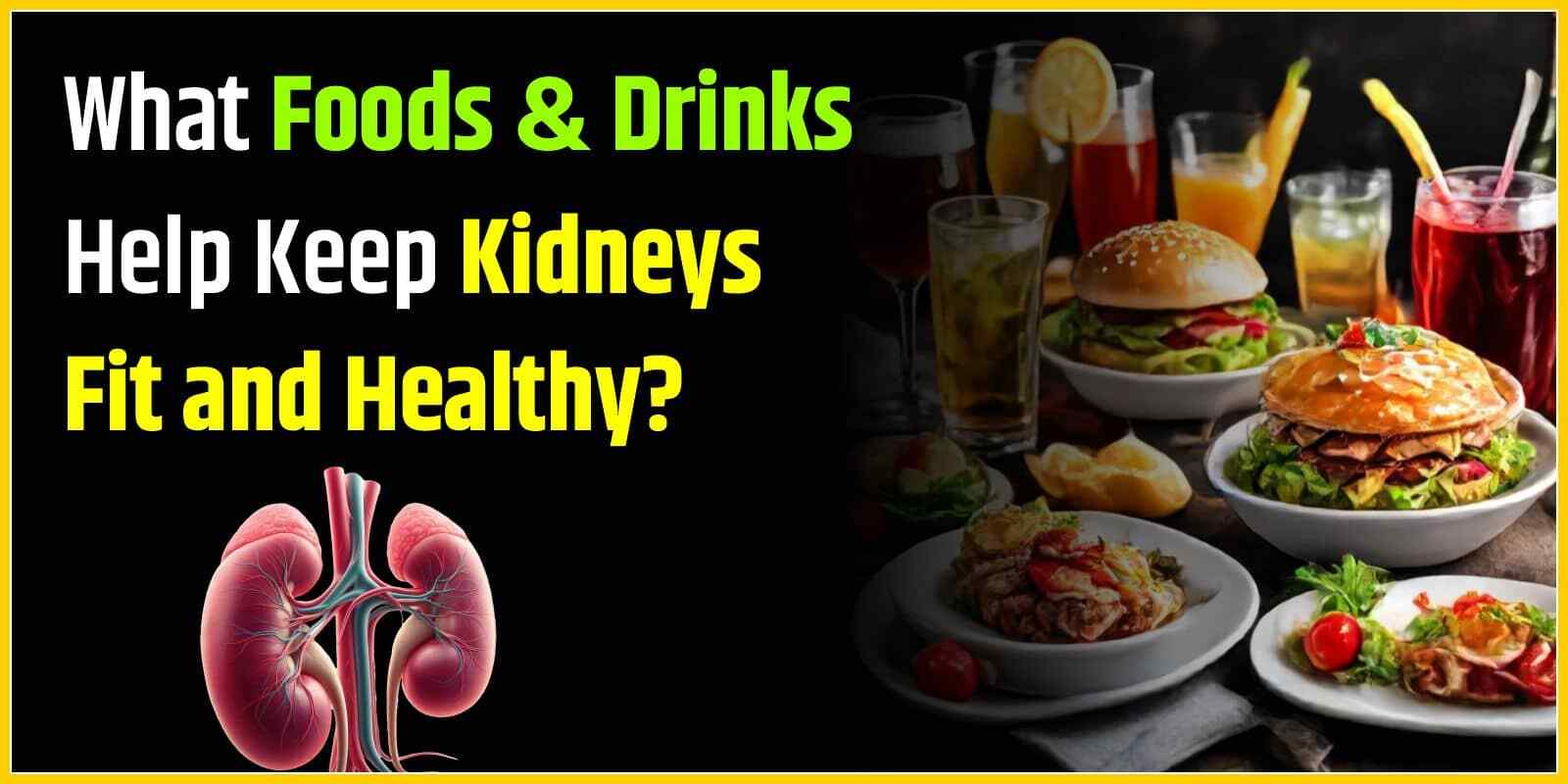
For the optimum functioning of your body, what goes in must come out, which means that from the bowel to your urinary bladder, all the exit gates of your body should be fully functional to expel unnecessary or unwanted substances out from the body. Your fist-sized kidneys sitting on either side of your spine, behind your belly, work as a waste management plant of your body. Your kidneys purify your blood from the waste products, toxins, and other excessive substances which are required to be expelled out from the body timely.
The materials eliminated through the kidneys include mainly produced by food we eat, such as ammonia, uric acid, salt, potassium, and calcium. Therefore, it’s essential to be cautious about your diet because diets directly affect your kidneys’ function. The increased consumption of foods that are high in sodium, protein, potassium, and phosphorus can cause damage to your mental and physical well-being by interfering with your kidneys’ functioning.
Processed foods or canned foods have high sodium, potassium, protein, and fat content, which demands extra work by your kidneys to purify your blood from unnecessary substances that are no longer needed by your body. This continuous process of filtration develops inflammation inside your kidneys’ filtering units ( Glomeruli). Glomeruli are a cluster of tiny blood tubules which are primed to purify your blood from chemical toxins and other waste materials. Due to inflammation, glomeruli fail to function properly, and this gives a spike to the level of waste products inside the blood, which makes the bloodstream thick and obstruct blood supply throughout the body. Chronic kidney failure is a serious health condition that gets worse with time. A person suffering from chronic kidney failure is at higher risk of developing some chronic illnesses such as high blood pressure, brain tumor, stroke, and even heart attack in severe cases.
The renal diet is also termed a kidney-friendly diet, especially a curated diet plan low in sodium, potassium, protein, and phosphorus to induce less pressure on the kidneys and protect them from further damage. While following a kidney-friendly diet, you might have been restricted to avoid or limit some fluids or foods depending on the severity of the disease and how much percentage of functioning you’ve left with. Chronic kidney disease is categorized into five different stages, which are as follows-
Stage 1 is the early stage of CKD in which your kidneys are working well, but you might have some signs of kidney damage that can be controlled by lowering the sodium and protein intake from your diet.
In stage 2, you might have mild symptoms of kidney damage, which can be controlled with a good diet and regular exercise. A person in stage 2 have to-
Stage 3 is the initial stage of CKD from where your kidneys condition can go worse with not controlled win time with the right medication and diet. A person in stage 3 often has high blood pressure; therefore, it’s recommended to cut down sodium from your diet. You can consume onions in a limited amount as a substitute for salt. Onions are low in potassium and have potent antioxidants that can lower your risk of having heart problems and protect against cancer.
Stage 4 is the red zone of CKD, in which your kidneys have lost 40 to 50% of their functioning and are not working as they should. In these conditions, it’s crucial that you avoid.
From your diet, your kidneys are weak. They cannot purify your blood from certain waste materials, so eating anything high in salt, phosphorus, and potassium can severely backfire on your health.
Stage 5 is the last stage of CKD, in which you might completely lose your kidneys’ functioning. The diet for kidney patients in stage 5 is quite challenging as their diet is limited to certain foods, which can be boring and frustrating at times.
Avoid high in phosphorus foods such as-
They’re also restricted to avoid high potassium foods such as-
Things kidney patients can eat
Don’t worry there are still several food that won’t let you compromise your taste and has no bad effects on your kidneys, include the following-
Certain foods can toll on your kidneys’ functioning and have high sodium, phosphorus, potassium, and fat content. It’s better to avoid or limited the foods which are mentioned below-
Disclaimer: Kidney disease is a major health concern that must be treated as soon as possible. It is recommended that you do not change your diet or engage in any physical activity without first consulting your doctor and a renal dietitian. For a consultation, use this helpline: +91-9821929797 number or visit www.karmaayurvedahospital.com.
"Ayurveda is not just a system of medicine; it's a way of life. Connect with us to embrace a lifestyle that nurtures your body, mind, and soul."

Certificate no- AH-2023-0186
JAN 05,2023-JAN 04,2026